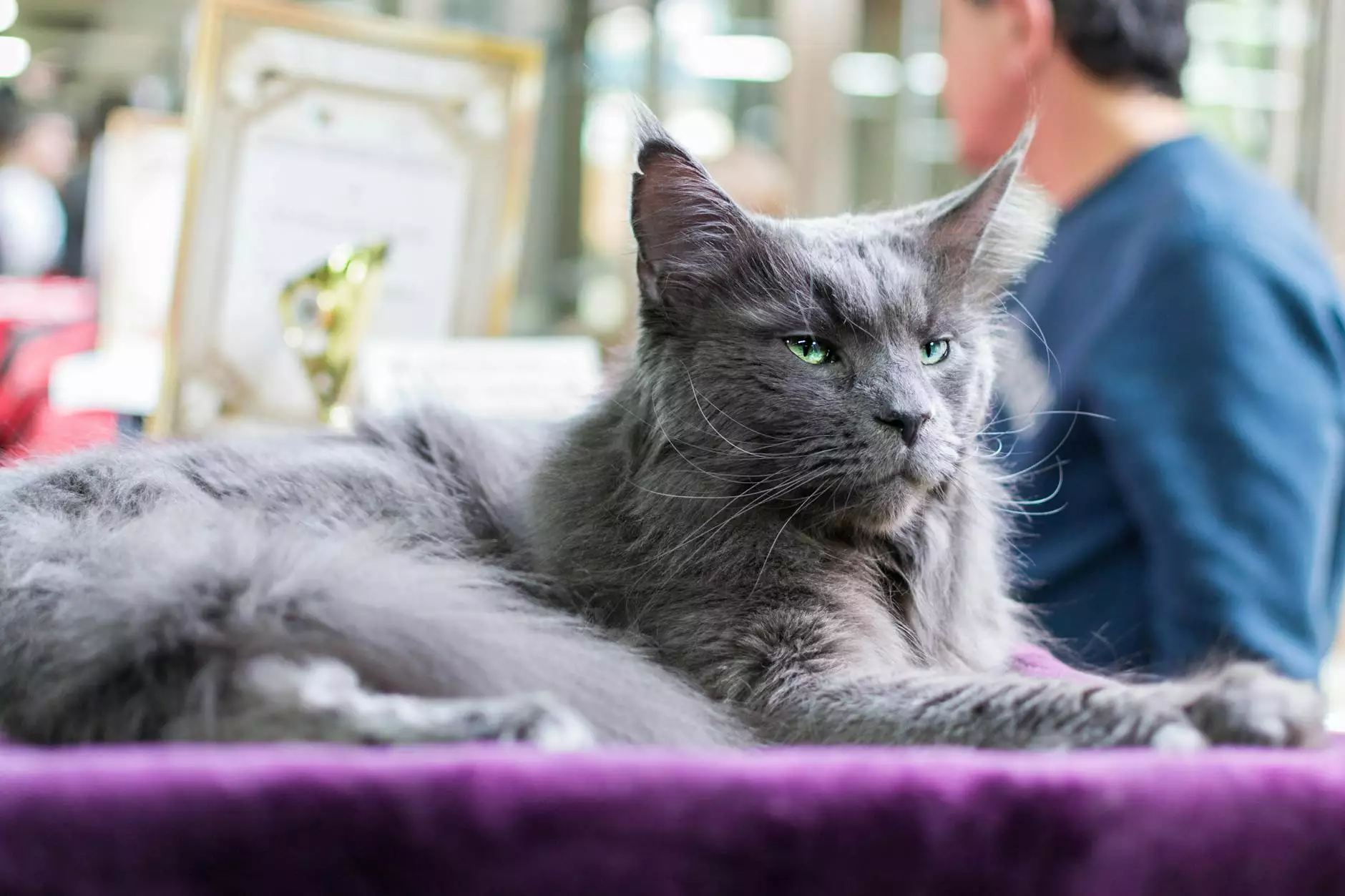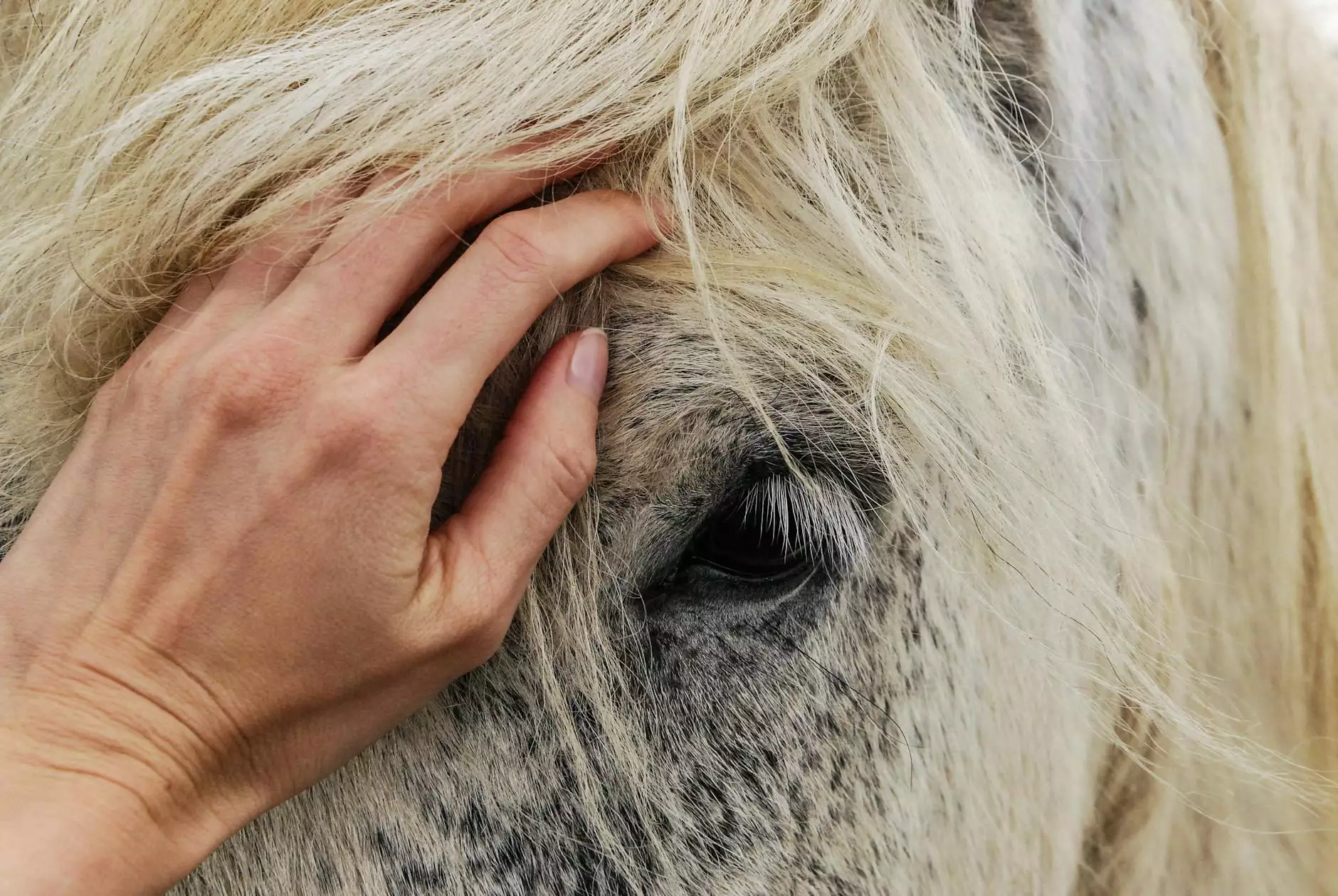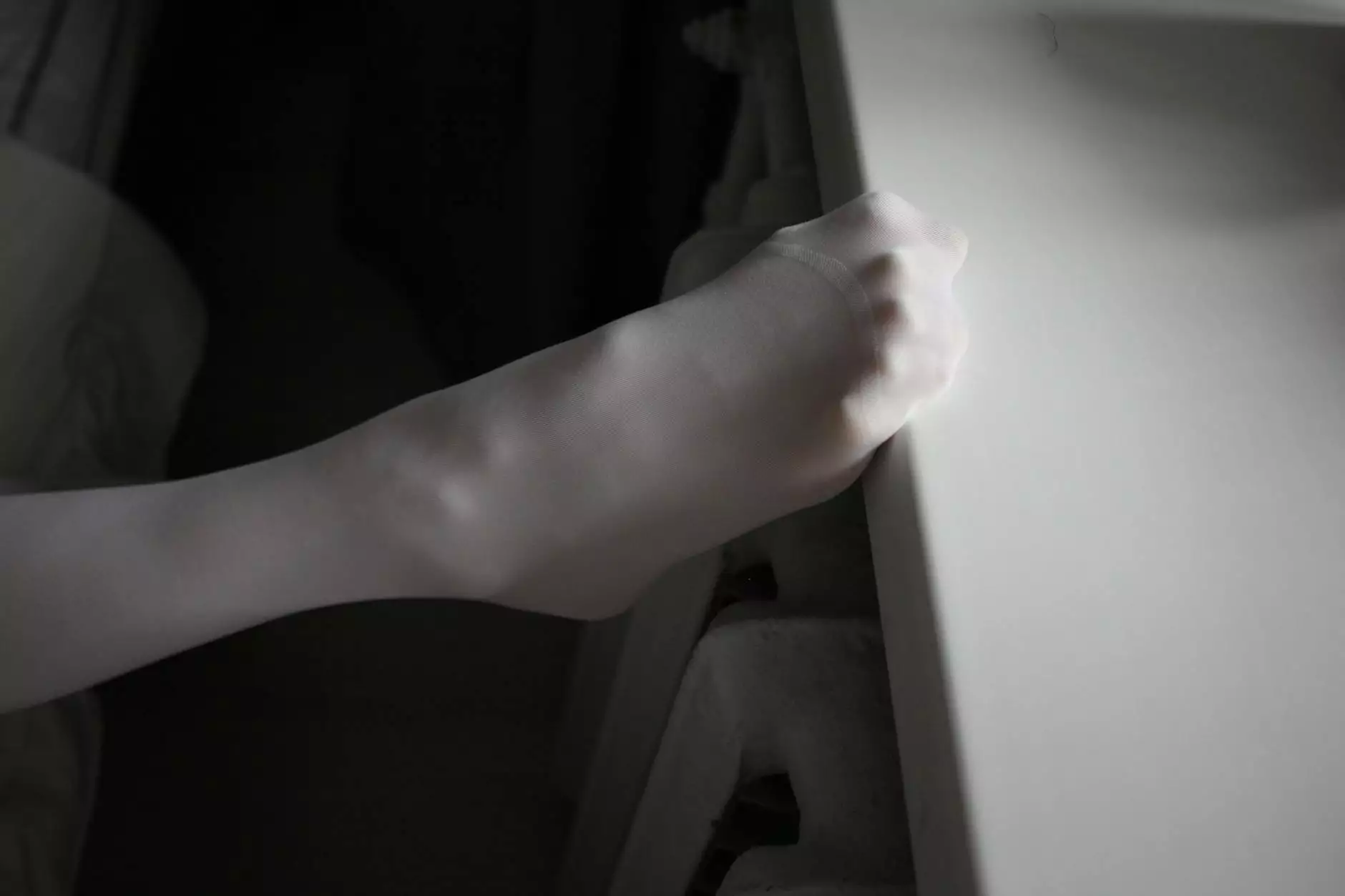Cornish Rex Cattery: The Ultimate Guide to This Charming Breed

The Cornish Rex cattery is renowned for breeding one of the most unique and affectionate cat breeds in the world. If you are considering adding a fluffy companion to your family, understanding the traits and care needs of Cornish Rex cats can make all the difference. This guide will provide you with a comprehensive understanding of the Cornish Rex—from their history and characteristics to the role of a reputable cattery and tips for care.
The History of the Cornish Rex
The Cornish Rex cat breed originated in Cornwall, England, in the late 1950s. A natural genetic mutation led to the development of this remarkable breed. The first Cornish Rex was a kitten named Kallibunker, who was born to a domestic shorthair cat. His distinctive curly coat caught the attention of breeders, who saw potential in this unique feline.
Through careful breeding, the Cornish Rex was established as a defined breed, and today, it is recognized by major cat registries. Their unique features and playful nature have endeared them to cat lovers around the globe.
Distinctive Characteristics of the Cornish Rex
Cornish Rex cats are known for their striking appearance as well as their playful and affectionate personalities. Here are some key characteristics:
Physical Traits
- Curling Coat: The most prominent feature is their soft, wavy coat that lacks the guard hairs found in other breeds, giving them a unique texture.
- Size: Cornish Rex cats are typically medium-sized, weighing between 5 to 10 pounds.
- Body Structure: They have long, slender legs, a wedge-shaped head, and large ears, contributing to their elegant look.
- Muscular Build: Despite their fine-boned appearance, they possess a well-defined musculature that showcases their agility.
Temperament
One of the most appealing traits of the Cornish Rex is their lively disposition. Here’s what you can expect in terms of personality:
- Playful: These cats are known to be mischievous and love to engage in interactive play, making them a great choice for families.
- Affectionate: Cornish Rex cats are social beings and often seek human companionship, enjoying snuggling and cuddling.
- Intelligent: Their intelligence allows them to learn tricks easily and they thrive on mental stimulation.
The Importance of a Reputable Cornish Rex Cattery
When deciding to adopt a Cornish Rex, it is essential to choose a reputable cattery. Here’s why:
Health Screenings
Responsible breeders conduct rigorous health screenings to ensure their cats are free from genetic disorders. The Cornish Rex is generally healthy but can be prone to certain conditions that breeders should alleviate through proper breeding practices.
Socialization and Environment
Catteries that prioritize the well-being of their cats provide a nurturing environment. Kittens raised in a loving and stimulating space are more likely to develop positive social behaviors.
Documentation and Support
Professional catteries will provide necessary documentation, including health records, pedigree information, and tips for care. This support can be invaluable for first-time cat owners.
How to Care for Your Cornish Rex
Caring for a Cornish Rex requires commitment, but their playful antics and loving nature make it worth the effort. Below are essential care tips:
Dietary Needs
Nutrition plays a pivotal role in the health of your Cornish Rex. Make sure to:
- Choose Quality Food: High-quality commercial cat food that lists real meat as the first ingredient is the best choice.
- Avoid Overfeeding: Maintaining a healthy weight is crucial due to their active nature. Monitor portions to prevent obesity.
Grooming Requirements
Despite their short coats, Cornish Rex cats require proper grooming:
- Weekly Brush: Use a soft brush to reduce shedding and skin irritation.
- Bathing: They may require occasional baths to remove oils that can accumulate in their unique coats.
Health Maintenance
Regular veterinary visits are essential for keeping your Cornish Rex healthy. Vaccinations, check-ups, and parasite control should be part of your routine. Be aware of signs indicating a need for veterinary attention, such as:
- Changes in Appetite: A sudden increase or decrease can indicate health problems.
- Lethargy: If your cat seems unusually tired or indifferent, consult your veterinarian.
The Cornish Rex in Your Family
Making a Cornish Rex a part of your family can be a wonderful experience. Here are some benefits:
Companionship
Known for their affectionate nature, these cats often develop strong bonds with their owners, enjoying the company of their humans.
Great with Children
If you have children, the playful demeanor of the Cornish Rex makes them a great playmate. They are known to be gentle and tolerant of kids.
Conclusion
In conclusion, owning a Cornish Rex is a delightful experience filled with joy and affection. With unique characteristics and a vibrant personality, this breed makes a wonderful addition to your home. By selecting a reputable Cornish Rex cattery, you ensure your new friend has the best start in life. Understanding their care requirements will promote a long, happy relationship with your feline companion. If you are looking for a dedicated Cornish Rex cattery, be sure to visit idealcornishkittens.com for more information and guidance on finding your new furry family member.









